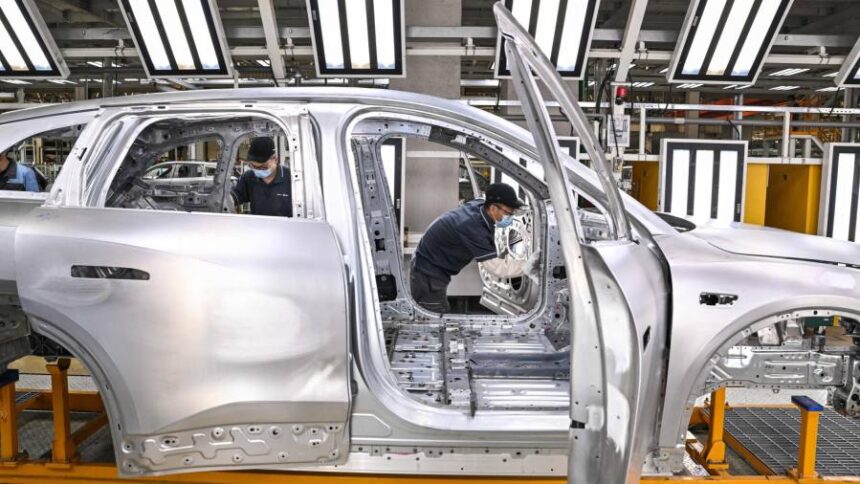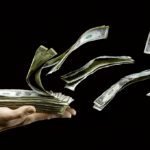Receive free Bertelsmann SE & Co KGaA updates
We’ll send you a myFT Daily Digest email rounding up the latest Bertelsmann SE & Co KGaA news every morning.
One of Germany’s biggest venture capital funds plans to invest $700mn in Chinese start-ups, bucking widespread gloom among western investors about the country’s tech scene.
Carsten Coesfeld, chief executive of Bertelsmann Investments, said he had been struck on a visit to China by its “very impressive” entrepreneurial talent.
Along with co-investors including large financial institutions and sovereign wealth funds, the company will back tech groups in China and start-ups founded by Chinese entrepreneurs abroad over the next three to five years.
Coesfeld said there was “sometimes a bit of a disconnect” between the western media portrayal of China’s struggle to return to growth since the pandemic and reality.
“Obviously, we’re not going back to 10 per cent [GDP growth],” he told the Financial Times. “[But] even if it’s at a lower scale, the quantum of economic growth is something we can’t neglect.”
Bertelsmann Investments is part of the sprawling Bertelsmann family-run media empire, which also owns Penguin Random House and the music label BMG.
Since its inception in 2006, it has invested €1.7bn in more than 400 companies and funds across the world, compiling a portfolio worth about €3.7bn.
Its China-focused subdivision, Bertelsmann Asia Investments, has backed more than 180 start-ups since it was launched in 2008. This includes Nio, one of the country’s biggest electric vehicle start-ups, the streaming platform Bigo and the bike-sharing company Mobike.
Coesfeld’s decision to increase investment in China comes as tensions between the US and China, and a crackdown by Beijing on consumer internet groups, have made it harder for western investors to navigate the country’s market and caused an exodus of foreign capital.
The picture has been complicated further by Washington’s plans to create an investment-screening mechanism to stem the flow of US capital into sensitive sectors and the hit to Chinese tech stocks by the shaky recovery.
In a strategy document published in July, Germany also warned its companies about the dangers of over-dependence on China.
Coesfeld, a seventh-generation member of the family that founded Bertelsmann in 1835 and one of two brothers being groomed for top-level management at the company, appeared relaxed about the geopolitical tensions.
The 36-year-old, who was made chief executive of Bertelsmann Investments last year, said many investors were “re-evaluating their strategies”, adding that the changing conditions in China meant that some less committed funds had exited the market.
But he also said there was “a clear push from the Chinese government to get economic activity and FDI back” two years after a sweeping regulatory crackdown all but halted initial public offerings in Hong Kong, New York and other offshore jurisdictions.
Coesfeld, who also plans to invest $1bn in the US healthcare sector in the coming years, said decoupling between China and the west was “very real” in technologies such as artificial intelligence and semiconductors.
But he added: “A full decoupling of the two economic systems will be very, very hard.”
Additional reporting by Ryan McMorrow in Beijing








